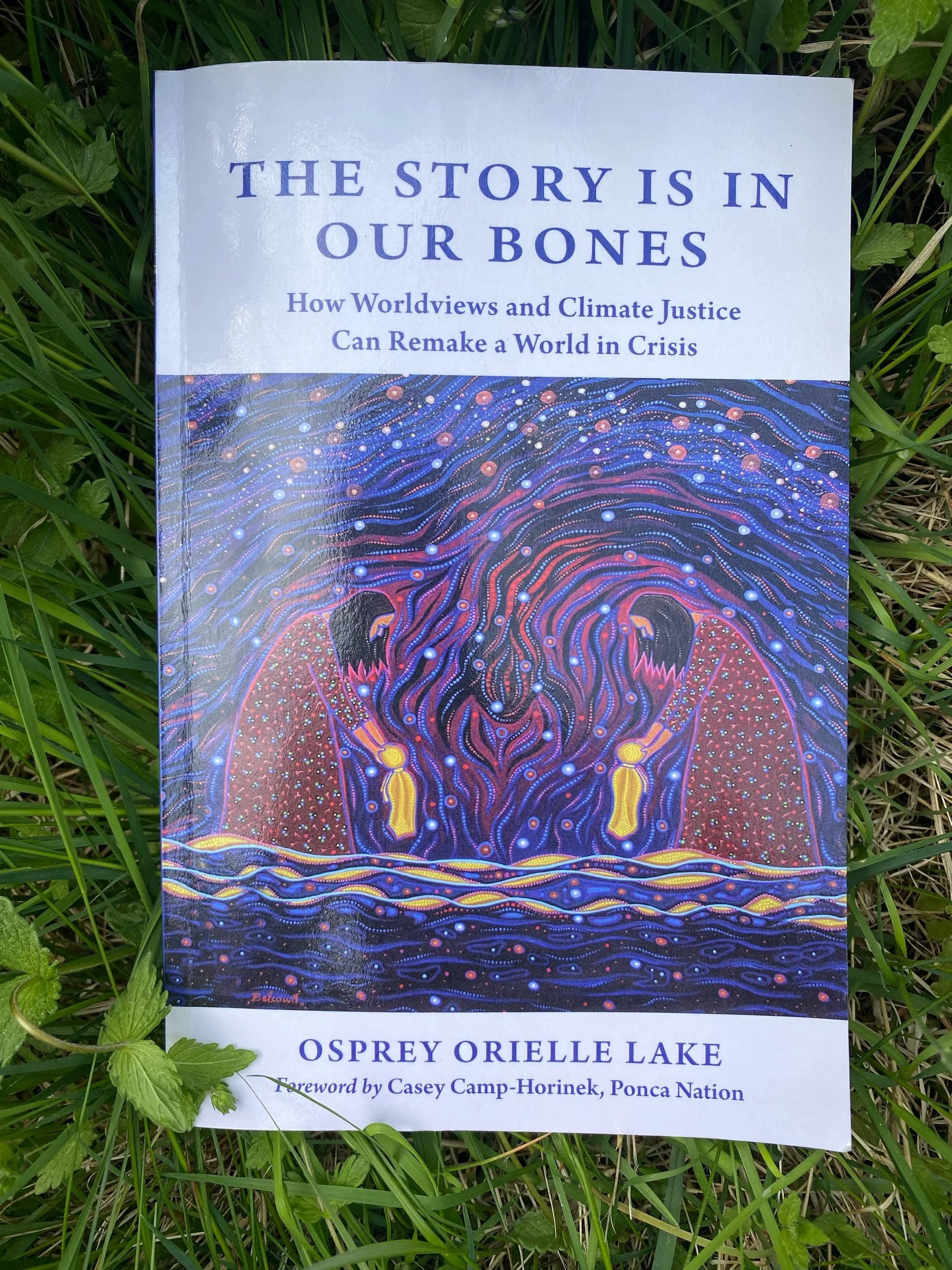Today, Sunday 22nd of April is Earth Day, where the mission is to end plastic pollution. Plastic pollution has luckily gained a lot of awareness this past year in Norway. On a recent survey by Norad, 7 out of 10 Norwegians answered that plastic pollution should be Norways most urgent environmental cause, and that Norway has a special responsibility as a sea nation.
I worked with marine littering almost every day in Greenpeace, and have written some fact sheets about marine littering and micro beads. Fortunately, plastic in the ocean is so easy to get engaged in, as it is clearly so wrong. It also helps with great TV series like NRKs "Planet Plast".
Also fortunately; there is so much we can do about it! First of all, we can have a close look at our own consumption and notice how much plastic, and especially disposable plastic, we use every single day, and then take the measures to reduce our overall plastic habit. But as we know, there is already so much plastic waste in the ocean.
That is why in Norway, starting next week; its Beach Clean up Week! All over Norway, you can find your local beach and join in on cleaning your local beach for plastic. Off course, needless to say, but none the less - you can off course have every day of the year as beach clean up day! Whenever I am at home, on the South-Coast, and I see some plastic either already lying in the ocean, near the ocean, or on land, I pick it up, because eventually it all ends up in the ocean.
There is also the recent trend of "plogging" where you jog and pick up plastic waste in nature at the same time.
If you've ever walked a dog in nature, you know how easy it is for the dog to spot the plastic as something that is not belonging in nature. Two years ago, when I was walking my samoyed at home on a local beach, and I turned my head towards the horizon for 5 seconds, my dog had found a transparent plastic bag in the sea, and maybe mistook it for something edible, so when I turned back to look at my dog, she was half way inhaling the plastic bag. Luckily I got it out of her mouth in seconds, but it was absolutely horrible to witness and to think about what could have happened, and what has happened to so many animals living in the ocean.
I hope the awareness created around plastic pollution will last, and continue to be at the forefront of peoples minds as we have a national and global "dugnad" (joint volunteer work) to end plastic pollution together. Happy Earth Day.








